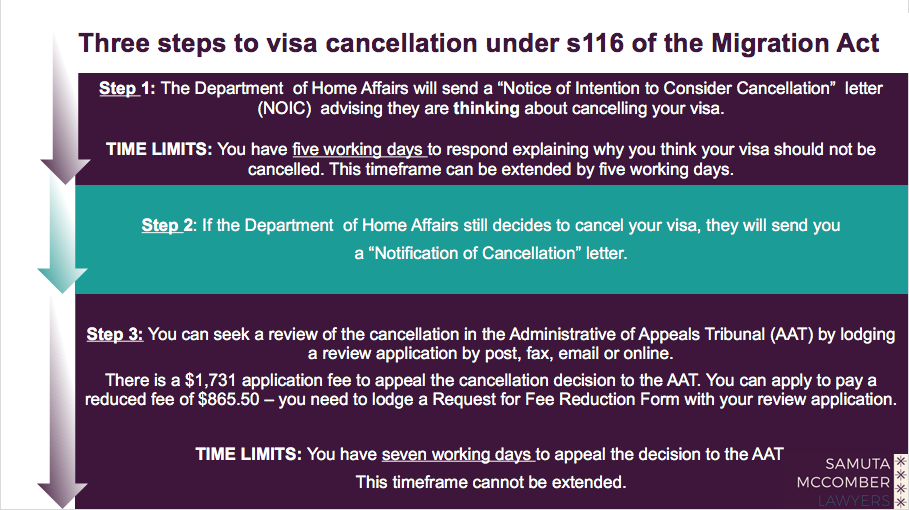Samuta McComber Lawyers represented the applicant in these proceedings, involving the Tribunal’s review of a decision by the Minister for Immigration, Citizenship, Migrant Services and Multicultural Affairs (the Minister). The Tribunal overturned the Minister’s refusal to revoke the cancellation of the applicant’s visa under s 501CA of the Migration Act 1958 (Cth), and substituted a cancellation decision, resulting in success for the applicant.
Under s 501CA(4) of the Migration Act, the cancellation decision may be revoked either: if the applicant passes the character test, or if there is another reason justifying revocation. Given the applicant had been sentenced to fifteen months imprisonment, his criminal record meant that he plainly failed the character test. The applicant’s case thus hinged on the second limb under s 501CA(4): whether there was another reason why the original decision should be revoked.
To determine this, the Tribunal turned to Ministerial Direction No.90 – Visa refusal and cancellation under section 501 and revocation of a mandatory cancellation of a visa under section 501CA (Direction 90). Direction 90 sets out primary and secondary considerations that are relevant when considering whether there are reasons that a visa cancellation decision should be revoked, as well as how to apportion weighting to each consideration. Primary considerations are set out in Paragraph 8 of the Direction as follows:
1. protection of the Australian community from criminal or other serious conduct;
2. whether the conduct engaged in constituted family violence;
3. the best interests of minor children in Australia; and
4. expectations of the Australian community.
Secondary considerations are set out in paragraph 9 of the Direction:
1. international non-refoulement obligations;
2. extent of impediments if removed;
3. impact on victims; and
4. links to the Australian community, including:
a. strength, nature and duration of ties to Australia; and
b. impact on Australian business interests
Regarding protection of the Australian community as a primary consideration, the Tribunal considered the nature and seriousness of the applicant’s conduct, and what risk it might pose to the Australian community should it continue. Despite finding that the seriousness and risk would be significant, the Tribunal was swayed to ultimately find this consideration only had moderate weight, given the low chance of recidivism.
Another primary consideration is the best interests of the minor children in Australia, namely the applicant’s biological children. Evidence tendered in the proceedings show the applicant to be a dutiful parent and integral to the household. The Member considered that his deportation would have a significant effect on the children, and thus gave this consideration heavy weight in favour of a revocation decision.
Turning to secondary considerations, the Member discussed Australia’s international non-refoulement obligations at length, drawing upon information about the applicant’s country of origin from sources such as the Department of Foreign Affairs and Trade, and the UN Office for the Coordination of Humanitarian Affairs. She concluded there was a considerable risk he would experience persecution based on his ethnicity if deported. Other secondary considerations favouring a revocation decision were his links to the Australian community.
Ultimately, the Member held that it was likely the applicant would be a better citizen than before if his visa was returned to him. She thus decided to substitute the Minister’s decision, and find that the cancellation of the applicant’s visa be revoked under s 501CA(4)(b)(ii) of the Migration Act 1958 (Cth).




